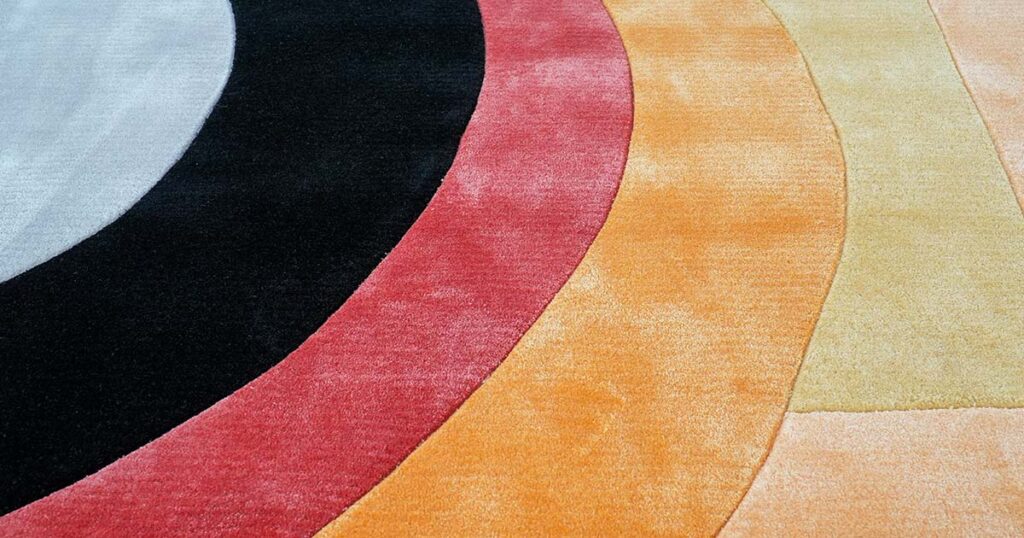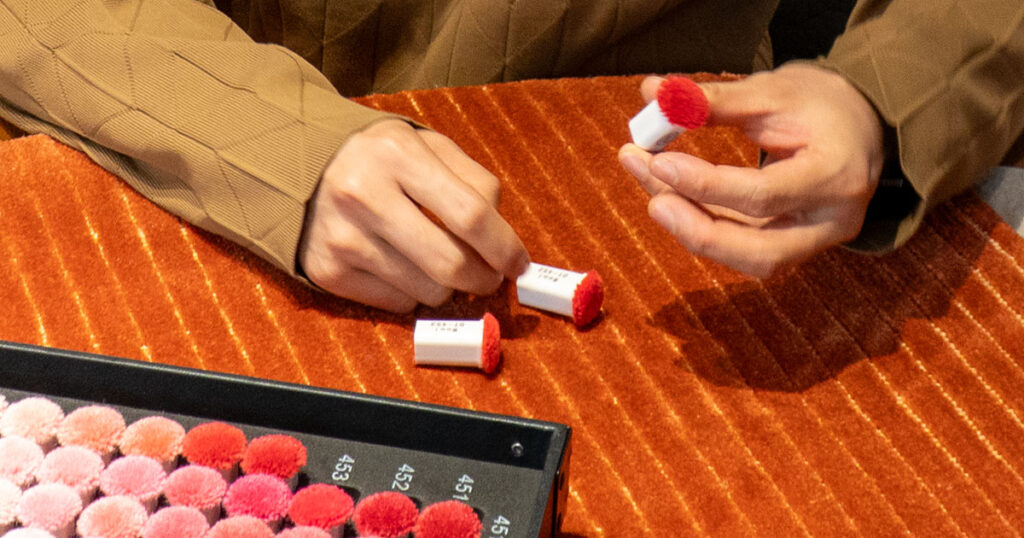Interested in vintage and antique tufted rug designs?
This blog post will guide you through the unique charm and history of these timeless rugs.
You’ll learn about the defining features, materials used, and how to incorporate them into modern decor.
We’ll also share tips on where to find authentic vintage and antique rugs.
Let’s get started!
Introduction
Vintage and antique tufted rugs are highly sought after for their unique beauty, craftsmanship, and historical significance.
This guide aims to provide beginning buyers with the knowledge needed to make informed decisions when purchasing these special rugs.
What are Vintage and Antique Tufted Rugs?
- Vintage rugs are typically 25-100 years old, while antique rugs are over 100 years old.
- Tufted rugs are made by pushing yarn through a backing fabric to create a pile, either by hand or with a tufting gun.
- Common materials include wool, cotton, and occasionally silk.
The History and Evolution of Tufted Rugs
- Hand-tufting originated in ancient times, with the oldest known tufted rug (the Pazyryk Carpet) dating back to 5 BCE.
- The tufting technique spread throughout Asia and Europe, with regional styles developing in Persia, Scandinavia, and other areas.
- In the 1930s, the mechanical tufting gun was invented in Dalton, Georgia, leading to the mass production of tufted rugs.
- In the mid-20th century, tufting gained popularity as an art form and means of creative expression.
Identifying Authentic Vintage and Antique Tufted Rugs
- Look for signs of age and wear, such as worn pile, a smooth backing, and a supple texture.
- Authentic rugs have hand-knotted fringes that are an integral part of the rug’s construction.
- Irregularities in the pattern and slight asymmetry are hallmarks of handmade rugs.
- Documentation and expert appraisal can help verify a rug’s age and authenticity.
Popular Vintage Tufted Rug Styles and Designs
- Persian and Oriental rugs feature intricate floral and geometric patterns.
- Moroccan rugs are known for their distinctive geometric designs.
- Scandinavian Rya rugs have a long history and were often made by brides as wedding gifts.
- Art Deco and Mid-Century Modern styles showcase bold colors and abstract patterns.
Evaluating the Quality of Vintage Tufted Rugs
- Higher knot density (knots per inch) generally indicates better quality and value.
- Natural fibers like wool and silk are more durable and valuable than synthetic materials.
- Handspun wool and natural dyes can increase a rug’s value and collectibility.
- Assess the rug’s condition, looking for damage, repairs, or excessive wear.
Vintage Tufted Rugs vs. Vintage Hand-Knotted Rugs
- Hand-knotted rugs are generally more durable, valuable, and labor-intensive than tufted rugs.
- Tufted rugs offer a more affordable option for those who appreciate the vintage aesthetic.
- Both types of rugs can add unique character and beauty to a space.
Cleaning and Caring for Vintage Tufted Rugs
- Regular vacuuming and spot cleaning can help maintain a rug’s appearance.
- Avoid harsh chemicals or excessive moisture, which can damage delicate fibers.
- Professional cleaning is recommended for deep cleaning or addressing stubborn stains.
Decorating with Vintage and Antique Tufted Rugs
- Consider the rug’s size, color palette, and pattern when selecting a piece for your space.
- Layer vintage rugs to add depth and visual interest.
- Showcase a special vintage rug as a wall hanging or statement piece.
Where to Shop for Vintage and Antique Tufted Rugs
- Reputable online marketplaces like Etsy and Revival Rugs offer curated selections.
- Local antique shops, estate sales, and flea markets can yield unique finds.
- When buying sight-unseen, request detailed photos and condition reports from the seller.
Conclusion
Vintage and antique tufted rugs are treasured for their artistry, history, and unique character
By understanding the key factors that determine a rug’s authenticity, quality, and value.
Beginning buyers can confidently navigate the world of vintage and antique tufted rugs



